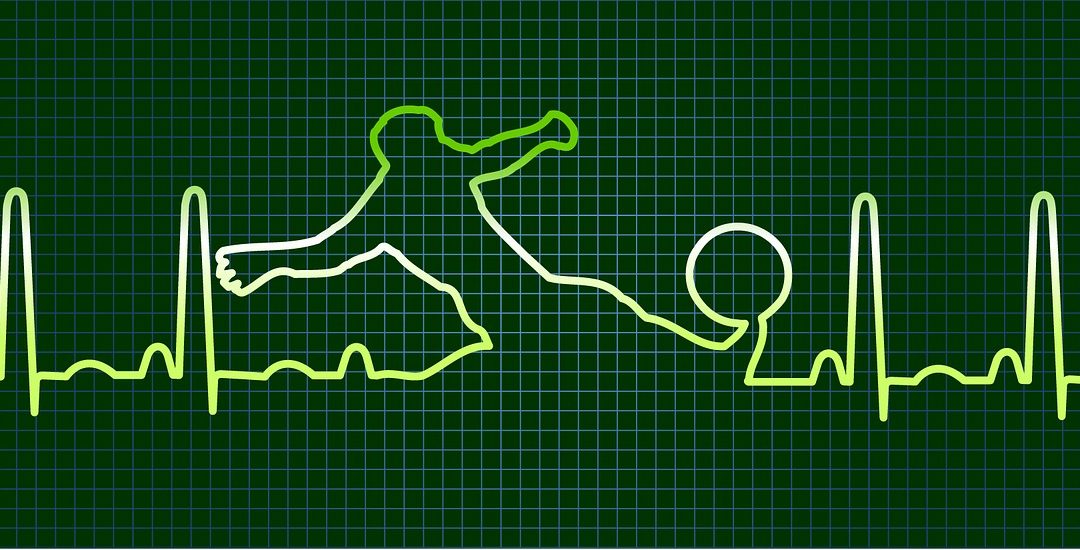Heart disease and stroke are the two leading causes of death globally. In recent years, the top ten causes of death accounted for 55% of the 55.4 million deaths worldwide. (1) The good news is that heart disease and stroke are both largely preventable. Being aware of the following risk factors, and making a few lifestyle changes, can help prevent health problems long-term.
- Lower cholesterol, blood pressure and glucose
While appropriate medication can be an excellent tool to manage high cholesterol and blood pressure, research shows adopting a healthy lifestyle from childhood is just as important for minimising risk of stroke. It’s recommended that your total cholesterol is less than 190Mg/dL (milligrams per decilitre of blood). Blood pressure should be 120/80 mm/Hg or lower and fasting blood sugar less than 100 Mg/dL for optimal heart health. Normal range value for blood sugar is 4-6 mmol/l or 72-100mg/dl. (2)
- Eat a low-salt, low-fat diet
Eating a healthy diet is key to keeping your heart healthy. Avoid foods that contain trans-fats (partially hydrogenated fat) such as margarine, processed meats or other highly processed foods, and replace these with unsalted nuts, seeds, vegetables, lean protein and unsaturated fats. You should also try to meet shortfalls in nutritional needs, such as calcium, potassium, magnesium and fibre, by eating more non-fat dairy and foods that contain these nutrients.
| THE DASH DIET Some experts recommend following the DASH Diet (Dietary Approaches to Stop Hypertension) to lower your risk of developing high blood pressure. This includes: • 4.5 cups of fruits and vegetables per day • Six or less servings of meats, poultry and fish per week • Six to eight servings of fibre-rich wholegrains per day • Less than 1500mg of salt per day • Four to five nuts, seeds, dry beans and peas per week • Less than five sweet things per week (3) |
- Lose excess weight
The World Health Organisation defines normal body weight as a BMI of 18.5 to 24.9. (4) BMI stands for Body Mass Index. It is calculated by dividing your weight in kilograms (kg) by the square of your height in metres (m). (4)Studies have shownthe higher your BMI, the greater your risk of high blood pressure, high blood sugar, high cholesterol, and other conditions that increase your risk of stroke. (5)
- Stop or reduce smoking
The health consequences and data to support stopping or reducing cigarette smoking is overwhelming and have been reviewed extensively everywhere. But for people who have smoked for many years, it can be easier said than done. You could talk to your doctor or pharmacist about medication to help you quit – and make sure you get plenty of support from friends and family.
- Take more exercise
Regular exercise reduces the risk of many different health problems and, when it comes to looking after your heart, any physical activity is better than none. Research shows the more intensely you exercise, the length of time you spend doing it, and the more often you do so, all have a direct and beneficial impact on your health. Adults should aim for at least 150 minutes a week of moderately intensive activity, such as brisk walking, although even small changes can make a difference. (6)
References
- O’Donnell MJ, Chin SL, Rangarajan S et al. Global and regional effects of potentially modifiable risk factors associated with acute stroke in 32 countries (INTERSTROKE): a case-control study. Lancet. 2016; 388: 761-765.
- Kimberly N. Hong, Valentin Fuster,Robert S. Rosenson,Clive Rosendorff,Deepak L. Bhatt. Journal of the American College of Cardiology. Elsevier. 24 October 2017. https://doi.org/10.1016/j.jacc.2017.09.001.
- https://www.nhlbi.nih.gov/health-topics/dash-eating-plan Dash Eating Plan. National Heart, Lung and Blood Institute. 4 Jan 2021.
- https://www.euro.who.int/en/health-topics/disease-prevention/nutrition/a-healthy-lifestyle/body-mass-index-bmi.
- Heidi Moawad, MD. Being Overweight Doubles Your Chances of Having a Stroke. Very Well Health. Medically reviewed by Huma Sheikh. Aug 19, 2021.
- https://www.who.int/dietphysicalactivity/physical-activity-recommendations-18-64years.pdf.
Updated February 2022
Next review 2024


